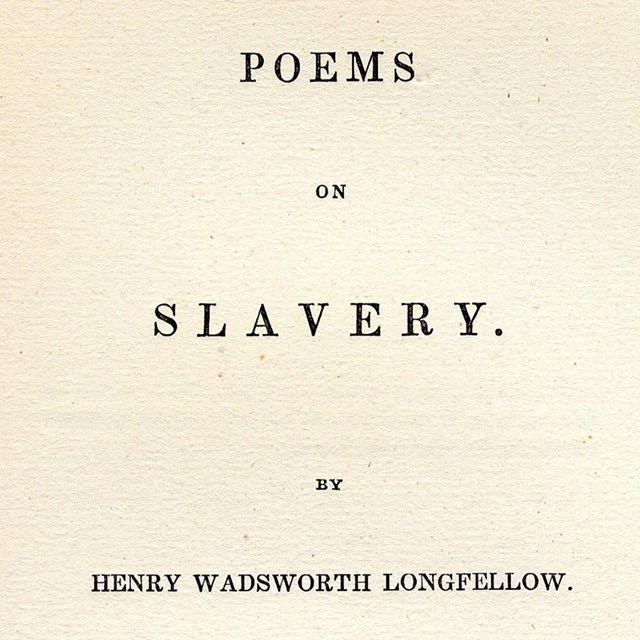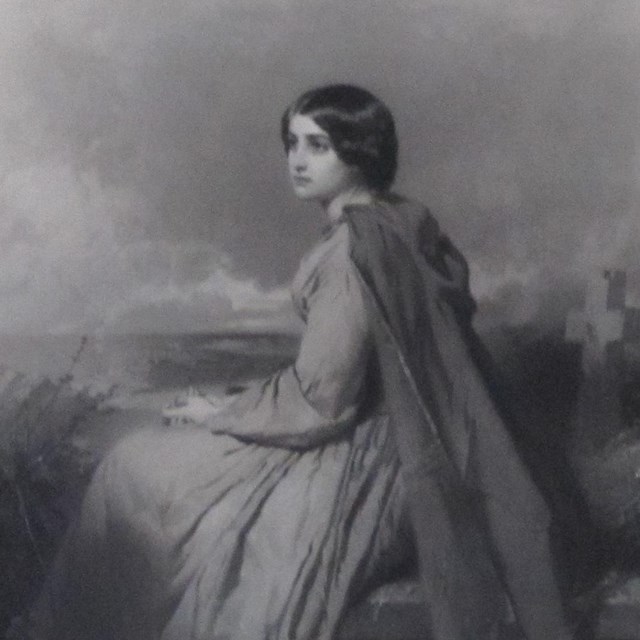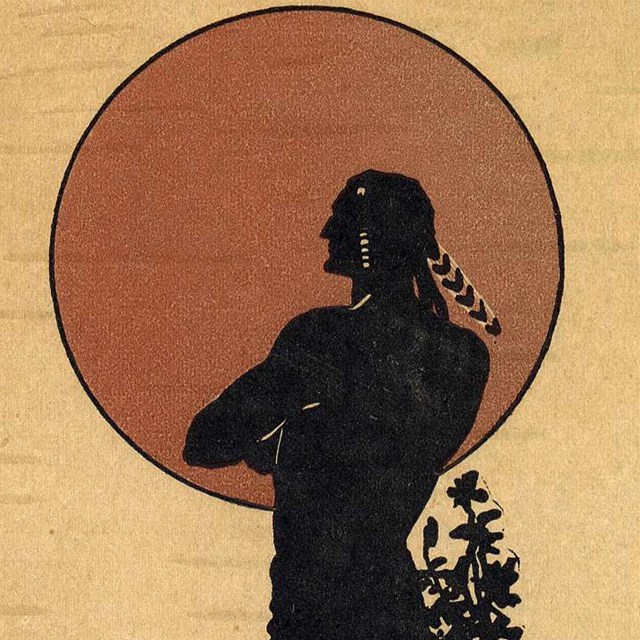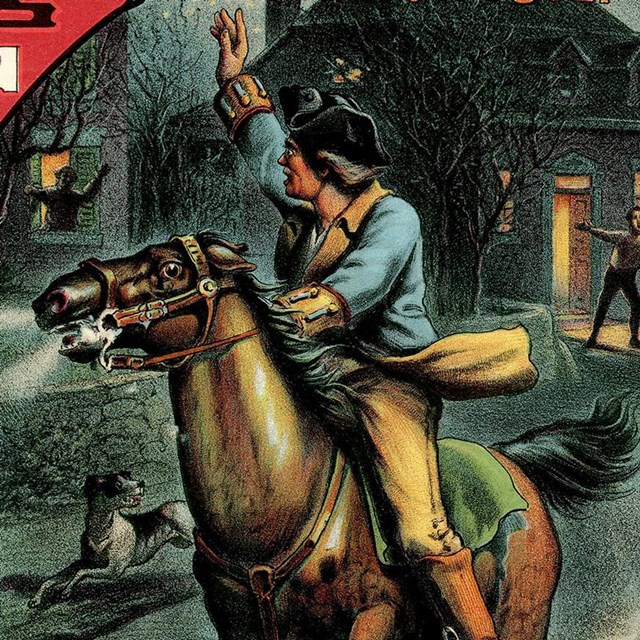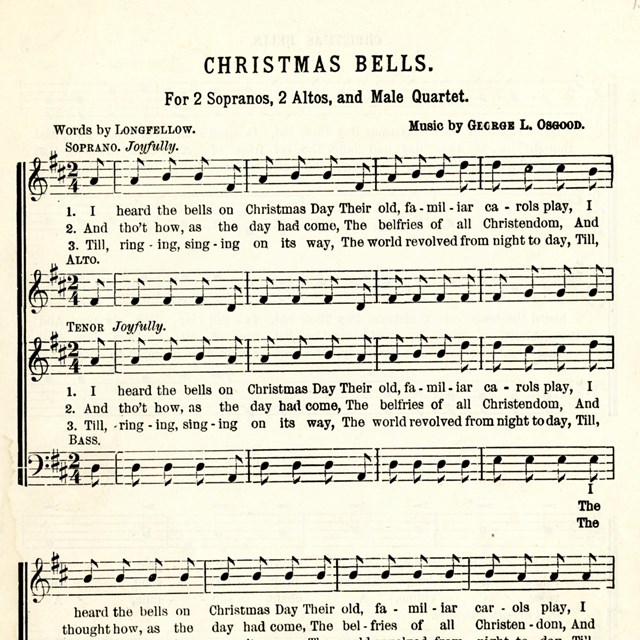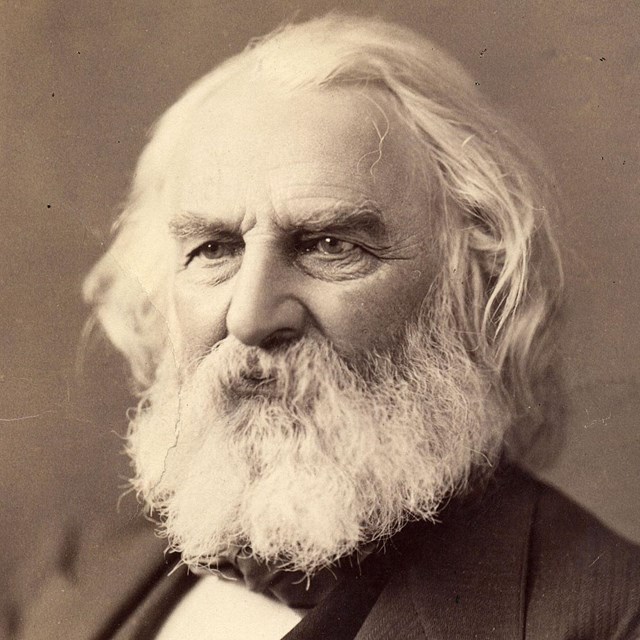|
Henry Wadsworth Longfellow was one of the greatest and best-known American poets of the nineteenth century. Longfellow’s massive appeal during his lifetime can be partially explained by a line from one of his poems, “The Singers”: “I gave a various gift to each, To charm, to strengthen, and to teach.” There’s a Longfellow poem for almost every mood and situation, from enjoying the sun on a beautiful spring day to being gloomy on a rainy day. Overall, Longfellow’s poetry is approachable. During his lifetime, Henry’s poems - which were marked by blending European forms with relatable North American content and themes - were read by people all over the world and at all points on the social scale. Phrases from Longfellow’s poems have become so deeply enmeshed in our language that it’s possible to quote him without knowing that you’re doing so; any reference to ships passing in the night, or footprints on the sands of time, or the sentence construction “one if by x, two if by y”- these are all Longfellow. Longfellow also set the precedent for someone living entirely on their writing. At the beginning of the nineteenth century, writing was not a viable way to make a living. Poetry, especially, was a pastime idly taken up by genteel people. Longfellow changed that. He did have some financial help - namely his father-in-law's gift of a grand house - but he was a savvy businessman in addition to being a talented writer. The business decisions he made about his writing resulted in his ability to live comfortably (and support his family) even after he was no longer receiving a salary from Harvard University. The Maine Historical Society hosts a full-text searchable database of Longfellow's original poems. Discover Longfellow's relevancePoem of the Week
|
Last updated: April 7, 2025

